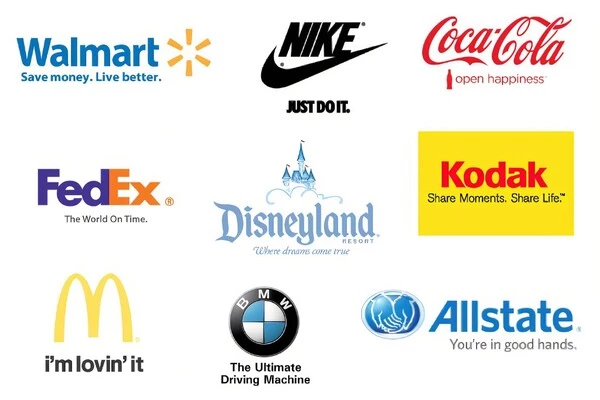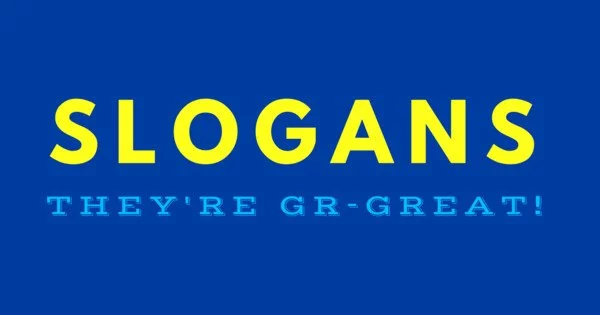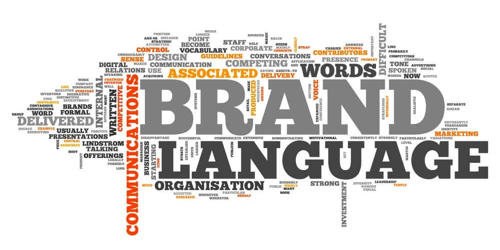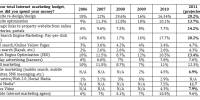Creating effective brand slogans frequently entails employing words and phrases that are memorable, resonate with your target audience, and represent your brand’s distinct value proposition. People are more likely to remember and associate your brand with a simple and obvious phrase. Use terms that distinguish your brand from competitors and showcase what makes you unique.
A new study from Bayes Business School (formerly Cass), the University of Missouri, and the University of Arizona has discovered the word properties that make slogans effective, as the researchers discovered that the attributes that make a slogan more likable but less memorable lead to it being more likable but less memorable, and vice versa.
Previous research suggested that slogans be unique or express the soul of the company, but the authors discovered that customers liked slogans that were shorter, omitted the brand name, and included linguistically frequent and abstract phrases. Slogans, on the other hand, are disliked yet remembered more if they are long, incorporate the brand name, and contain uncommon and concrete language.
The article, co-authored by Bayes Professor of Marketing Zachary Estes, offers insight for the first time on the trade-offs that brands confront when developing a new tagline. It also provides marketers with practical advice on word selection and how to craft slogans that are either appealing or memorable in relation to their strategic aims.
Brands spend a lot of time and money creating and communicating slogans that consumers will like and remember. Our research identifies specific properties of words that can make a slogan better liked or better remembered, but importantly, the properties that make a slogan more likeable also make it less memorable, and vice versa.
Professor Zachary Estes
Words matter
The researchers conducted a big multi-method study with 820 brand slogans and a range of tests to find the word qualities that make slogans more effective in order to investigate the relationship between the length and content of a slogan and how well-loved it is. They polled 1,000 students and internet workers to see how much they liked or disliked a selection of real marketing slogans. They also administered a surprise recognition test to see which slogans they remembered seeing previously.
As a result of this experiment, the researchers discovered five linguistic features that had opposing effects on whether a slogan was loved and remembered: length, brand name, word frequency, perceptual distinctiveness, and abstractness.
Slogans that were lengthier and featured the brand name (Like a good neighbor, State Farm is there vs. Like a neighbor) were recalled more frequently but disliked more. Conversely, slogans that included more commonly used phrases (poor breath vs. halitosis) and abstract words (illness vs. halitosis) were loved but recalled less well.
This is because customers focus less frequently and for less time on slogan terms that are more abstract and frequently utilized. As a result, when consumers encounter fluent slogans, they are more likely to appreciate and click on the advertisements, but they recall them less precisely.

Snag the sensation
Using this information, the researchers attempted to improve current brand slogans by making unpopular ones more fluent and forgettable ones less fluent. In one experiment with 243 students, they discovered that the slogans they improved (for example, changing Listerine’s slogan from ‘Stops halitosis’ to ‘Kills foul breath’) became more appreciated but also less remembered. Conversely, slogans that they made less fluent (for example, changing Toyota’s tagline from ‘Get the feeling’ to ‘Snag the sensation’) became more memorable but less liked.
Another experiment employing eye-tracking equipment found that these changes occurred when participants looked at disfluent terms (e.g., sensation) for longer and more frequently than fluent words (e.g., feeling). When the researchers improved the fluency of a slogan, the click-through rate on a Facebook ad climbed by 28%, rising from 1.3% to 1.7% and lowering the cost-per-click.
As a result, the authors recommend that brands seeking recognition should consider using terms that are difficult to process, such as rare and concrete words, whereas established brands could use words that are easy to process, such as common and abstract phrases.
Semantic selection
Professor Zachary Estes, Professor of Marketing in the Faculty of Management at Bayes Business School (formerly Cass), said:
“Brands spend a lot of time and money creating and communicating slogans that consumers will like and remember. Our research identifies specific properties of words that can make a slogan better liked or better remembered, but importantly, the properties that make a slogan more likeable also make it less memorable, and vice versa.
“Slogans should be relatively long, include the brand name, and use rare and concrete words to be memorable.” For example, BMW could change its motto from ‘The ultimate driving machine’ to ‘BMW is the peak driving machine,’ but this would make it tougher to like. In fact, our research can be regarded as the ultimate slogan generator, and we hope that it will assist marketers in selecting the ideal terms for their business.”
















